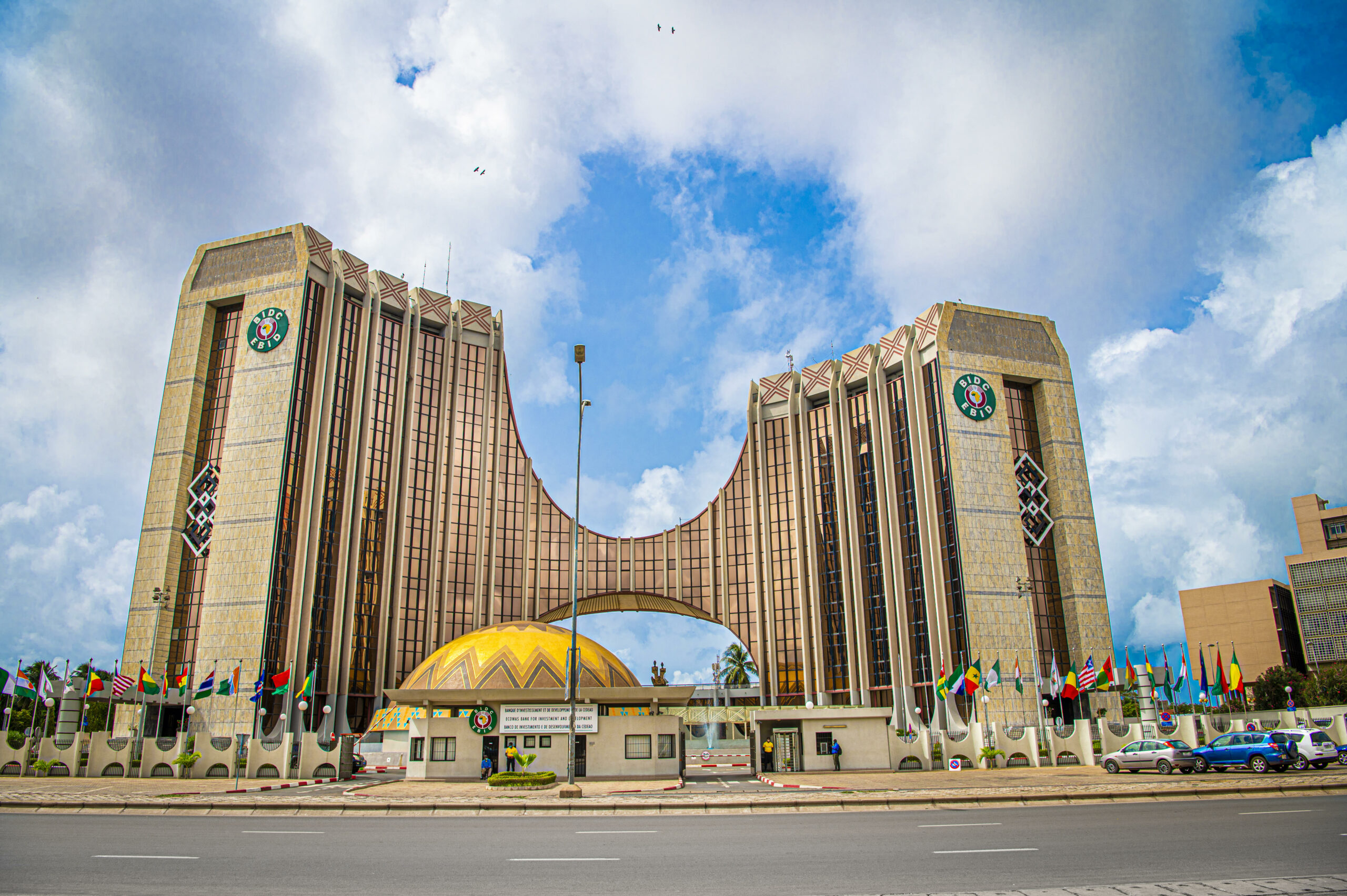
Ghana seeks to position itself as a world leading producer of cocoa and cashew in the next 4-10 years with the introduction of another mega initiative dubbed "Planting for Jobs and Investment."
The Deputy Minister of Food and Agriculture, Dr. Sagri Babagni, who disclosed this at a sensitisation seminar in Sunyani on the establishment of the District Chamber of Agriculture, Commerce and Technology (DCACT, indicated that the initiative is meant to generate millions of jobs and create wealth among Ghanaians, especially, the youth.
According to Dr. Sagri Babagni, the initiative will run alongside the "Planting for Food and Jobs" campaign, which is currently being implemented across the country, and will cover six identified cash crops, namely; cashew, shea, mango, citrus, cocoa, rubber and oil palm.
He noted that Ghana had not had enough investments in the agricultural sector, especially, at the local level, and that had not augured well for the over-all development of the country. "It takes innovation and technology to create the enabling environment to have a competitive advantage over others, he said, adding: "Ghana can boast of numerous natural resources, but has failed to adequately invest in the infrastructure and technology required to maximise the benefits available therein."
The "Planting for Jobs and Investment" programme is jointly being spearheaded by the Ministry of Local Government and Rural Development, as well as the Ministry of Food and Agriculture, with support from the ministries of Trade and Industry and Ministry of Environment, Science, Technology and Innovation.
The participants included Municipal and District Chiefs Executives in the Brong Ahafo Region, Planning Officers, Budget Officers and District Directors of Agriculture, as well as officials of the Ghana Exports Promotion Authority and the Ghana Investments Promotion Centre.
Augustine Collins Ntim, Deputy Minister for Local Government and Rural Development, on his part, emphasised that under the project, all Metropolitan, Municipal and District Assemblies in the country would be required to come out with "an agricultural initiative, taking into consideration one or more of the identified cash crops, with a budget that would support 10,000 to 20,000 farmers to cultivate an average of ten acres of the crops within the next four years."
"Metropolitan, Municipal and District Assemblies would also be required to recruit one hundred youth in every district, who will be trained to support the farmers to plant the seedlings," Mr. Collins Ntim added.
He said the "Planting for Jobs and Investment" programme would cover about three million farmers, whose biometric data would be captured alongside a Global Positioning System (GPS) mapping of all their farms and plantations.
"The project seeks to position Ghana as a leading producer of cocoa and cashew in the world in the next four to ten years," he said.
The Deputy Local Government Minister said the DCACTs were being formed in each of the 216 districts to "identify and develop two major food/cash crops/live stocks into exportable products, attract investments in agro-processing at the district level to add value to agriculture produce for domestic and industrial use, and implement the government's policy on agribusiness and sustainable agricultural value chain."
Mr. Ntim said apart from the DCACTs, the government would establish and maintain an electronic database of all commercial, entrepreneurial and agricultural initiatives, facilitate the establishment of processing plants in non-farming districts closer to districts with raw materials, to open-up the area for development, and establish, at least, one major agriculture processing factory in the district or region.
Mr. Collins Ntim reiterated that the DCACT was to "enhance government's drive for industrial revolution through the various districts, with the mandate to promote agribusiness to facilitate an interface between the private and the public sectors at the district level.
A Consultant to the DCACT project, Ebow Graham, said under the programme, all MMDAs would be expected to submit their project proposals to the Ministry of Local Government and Rural Development by September this year.
The project proposals, he said, should be in alignment with the medium-term plans of the MMDAs, and in consultation with MOFA. He added that the implementation of the DCACT project would begin in the last quarter of the year.
Page 7
AfDB to invest US$24bn in agriculture in next 10yrs
The African Development Bank (AfDB) will invest US$24 billion in agriculture as part of its Feed Africa programme- a strategy for agricultural development in Africa.
President of the Bank, Akinwumi Adesina, said this in a speech he delivered at the 50th anniversary celebration of the International Institute for Tropical Agriculture (IITA) in Ibadan, Nigeria,
Adesina emphasised that the goal of the Bank is to "ensure that Africa feeds itself within ten years, and unlocks the full potential of its agriculture."
The IITA hosted a series of events to celebrate 50 years of excellence in research. Dignitaries attended the event from across the continent.
The Institute recognized Adesina's immense contributions to improving agriculture and named a newly constructed building after him. The US$700,000 Akinwumi Adesina Youth Agripreneurs Building is a new Training Facility for Capacity Development for Youth Agripreneurs, funded by the Federal Ministry of Agriculture and Rural Development and IITA.
The training facility comprises two major training rooms that can conveniently accommodate 50 trainees each, two big offices for 30 interns each, and 20 standard sized offices.
"I am humbled, and deeply appreciative of the opportunity to lend my name to this well-equipped building which will be used by young Agripreneurs to learn, set up and launch their own businesses, and create a prosperous living for themselves, their families and those they will employ," Adesina said
Adesina re-affirmed his conviction that the future millionaires and billionaires of Africa will emerge from the agriculture sector. "Africa is today spending $35 billion a year importing food. That is US$35 billion that should be kept on the continent. This is a US$35 billion market that young people can tap into to create new wealth each year. To do that requires totally changing the lenses with which we look at agriculture. Agriculture should no longer be seen as a way of life or a development sector, but rather as a business for wealth creation," he emphasi
Read Full Story

























Facebook
Twitter
Pinterest
Instagram
Google+
YouTube
LinkedIn
RSS